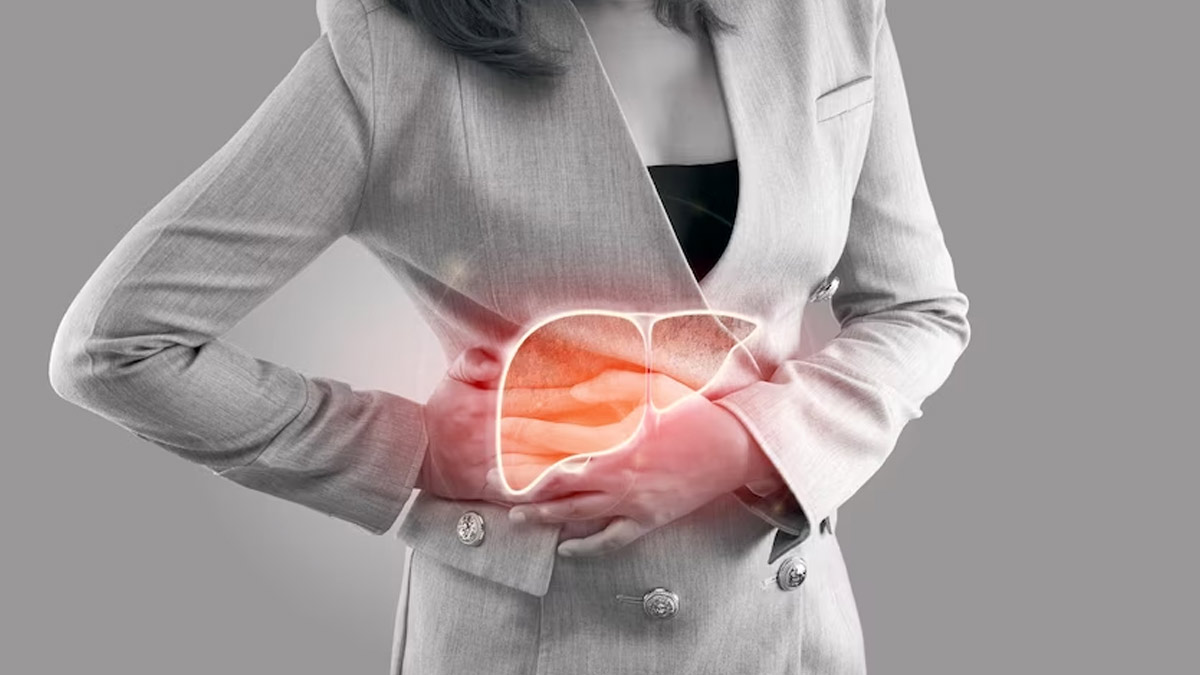
Diabetes is a chronic health condition in which your body cannot make enough insulin or use it efficiently. This leads to an increase in blood sugar levels and results in various health conditions, one of which is diabetic kidney disease (DKD).
Table of Content:-
Diabetic kidney disease is a prevalent microvascular complication that affects individuals with both type 1 and type 2 diabetes. Unfortunately, it is the primary cause of end-stage kidney disease (ESKD).
We spoke to our expert Dr Varun Koul, Vice President, Medical Directorate, Glamyo Health, who listed the initial signs of diabetic kidneys.
Dr Koul stated that 30-40% of patients suffering from diabetes develop diabetic kidneys. Hence, it is important to learn the initial signs of this disease so that proper treatment can be given at the earliest.
5 Signs Of Diabetic Kidneys

Weakness & Fatigue
Fatigue is the result of an anaemic condition wherein there are not enough Red Blood Cells (RBCs) to carry oxygen for the tissues of the body. This may happen because of damaged kidneys which cannot produce enough of the hormone erythropoietin to stimulate RBC production.
Foamy Urine
It is one of the first signs of protein in the urine, and the condition is called proteinuria. The damaged kidneys allow protein leakage into the urine wherein the levels of urine protein are more than 3.5 g per day. Normally, the levels should be less than 150 mg of protein in the urine per day, more than the normal levels is called proteinuria.
Also Read: Expert Explains Benefits Of Cycling For People With Diabetes
Pedal Oedema
Abnormal swelling in feet, ankles, and legs occurs due to the accumulation of excessive fluids in the body as a result of leakage of proteins like Albumin in the Urine. These signs appear more prominently in the evening or after prolonged sitting or standing.
Elevated Blood Pressure
Hypertension or elevated Blood Pressure (BP) is one of the most common complications of diabetes. It may cause damage to blood vessels in the kidneys and reduce their ability to function properly.

Increased Urination
Increased need to urinate, especially at night is one of the signs of diabetic kidneys. Kidneys are responsible for removing excess waste and fluids from our body and the damaged kidneys are unable to concentrate the urine which creates the urge of urinating frequently.
They may also have associated peripheral vascular disease, coronary artery disease, and diabetic retinopathy.
Diagnosis For Diabetic Kidneys
Early intervention can delay or even prevent the progression of this disease. Reliable tests such as urine albuminuria and the Estimated Glomerular Filtration Rate (eGFR) are used to diagnose and monitor the disease. Additionally, it is crucial to optimise glycemia and control blood pressure to slow down the progression of DKD.
Also Read: Expert Debunks Five Myths About Diabetes That Delay Timely Intervention
How Can It Be Managed
If you have diabetes, it is important to know the signs and symptoms of DKD and to check kidney function regularly. It is important to manage your diabetes and reduce the risk of developing kidney diseases. Diabetic nephropathy (or diabetic kidney disease) can be managed by targeting cardiovascular health, glycemic index, and blood pressure. Here are a few steps to reduce the risk of developing diabetic kidney disease:
Manage Cardiovascular Diseases
According to research studies, lipid control strategies and tobacco cessation are found to be most crucial in reducing cardiovascular risk. Follow a healthy diet and maintain a good lifestyle to prevent the risk factors.
Keeping Blood Sugar Levels Under Control
Good glycemic control significantly reduces the risk of proteinuria (abnormally high levels of protein in urine). You should eat at regular intervals, avoid skipping meals, and opt for foods that are lower in calories.
Maintain A Healthy Weight
You should maintain a healthy weight and engage yourself in physical activities to avoid weight gain.
Also watch this video
How we keep this article up to date:
We work with experts and keep a close eye on the latest in health and wellness. Whenever there is a new research or helpful information, we update our articles with accurate and useful advice.
Current Version
